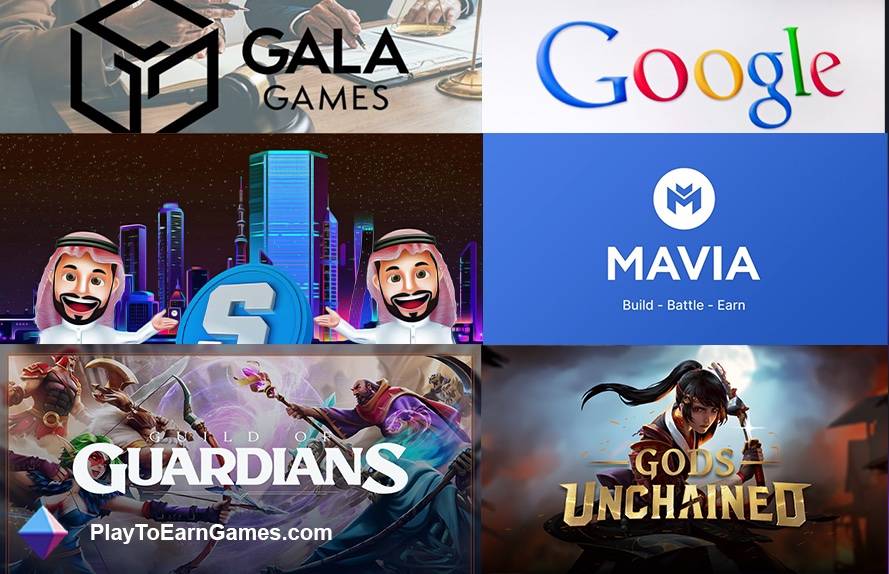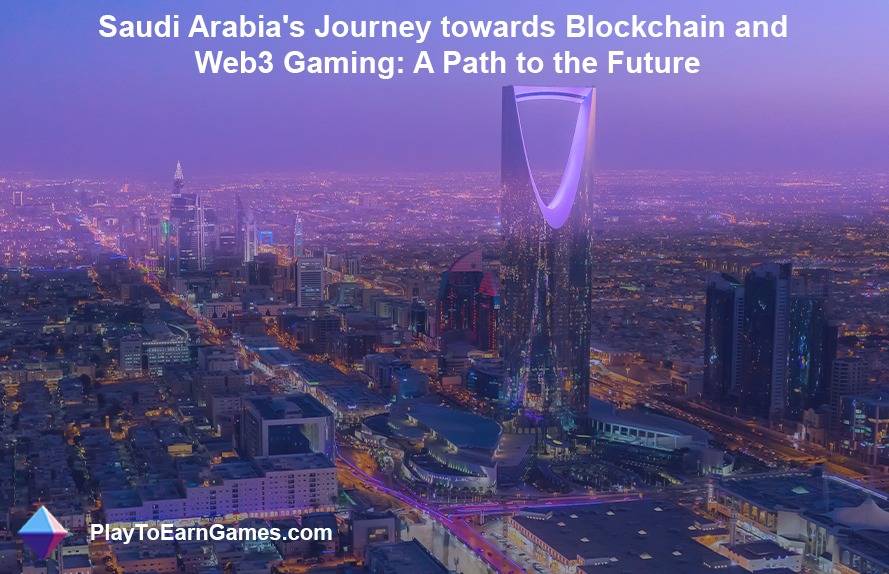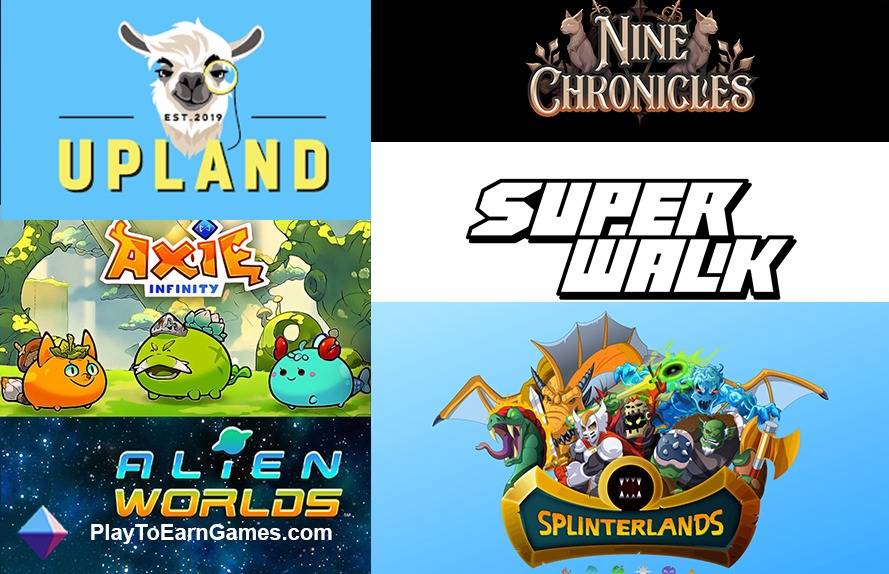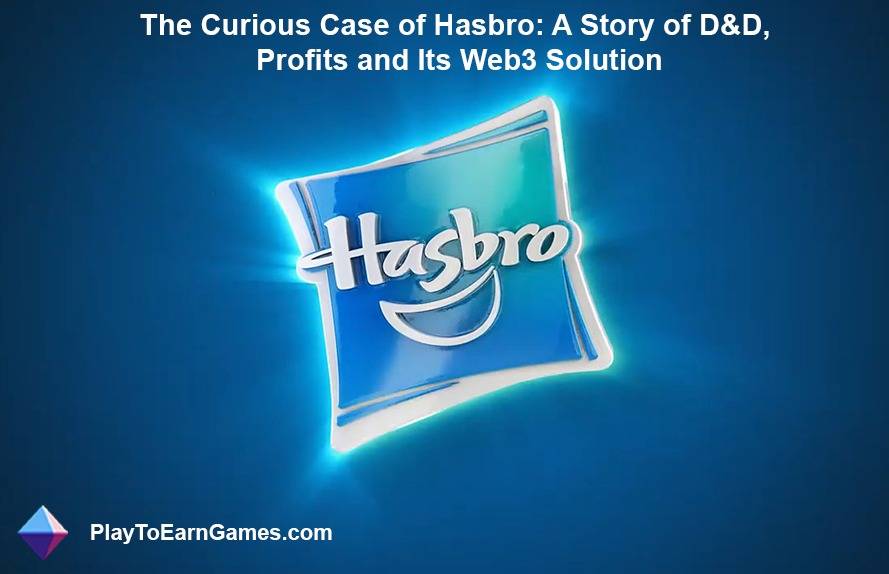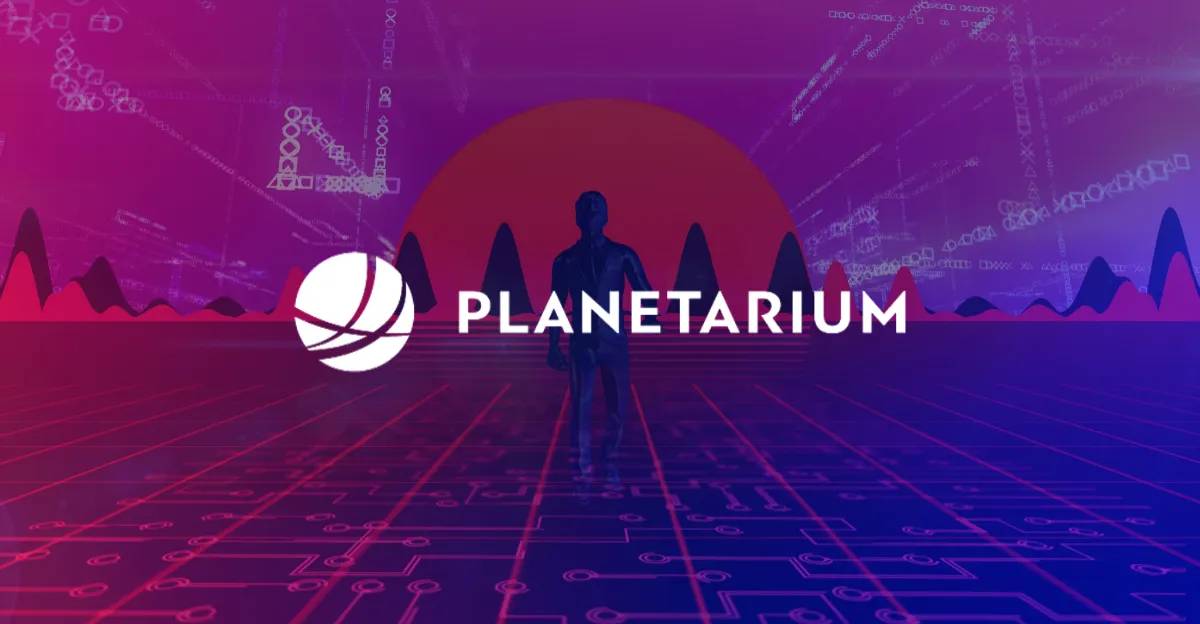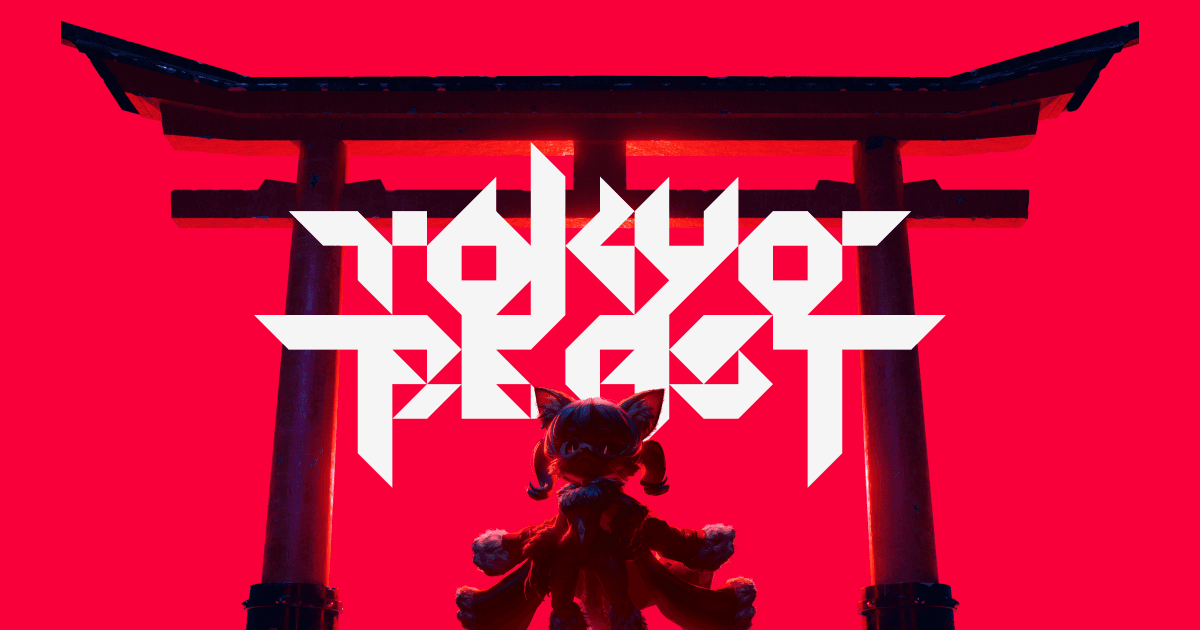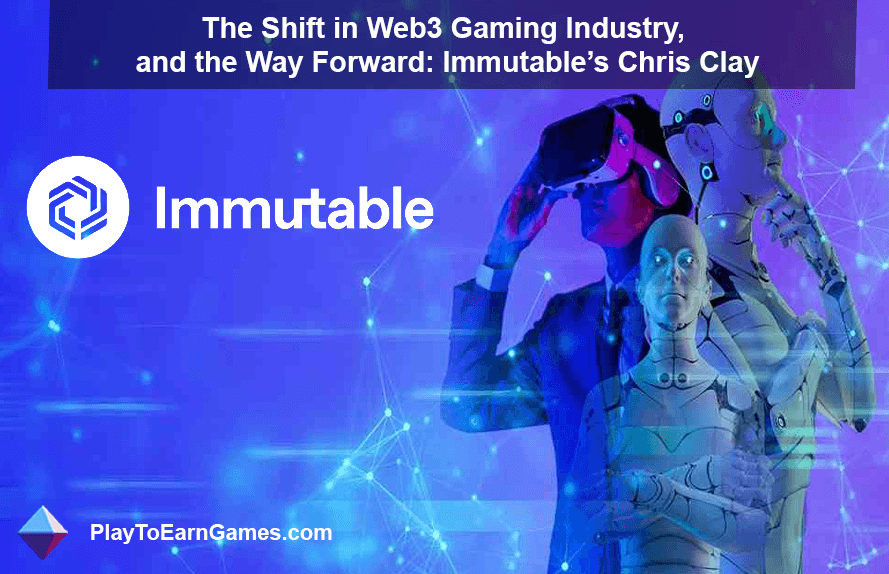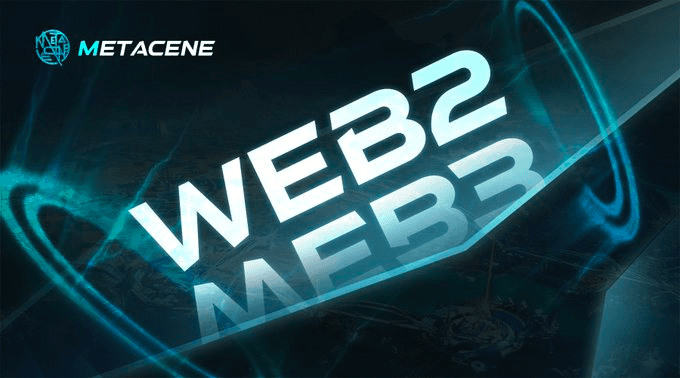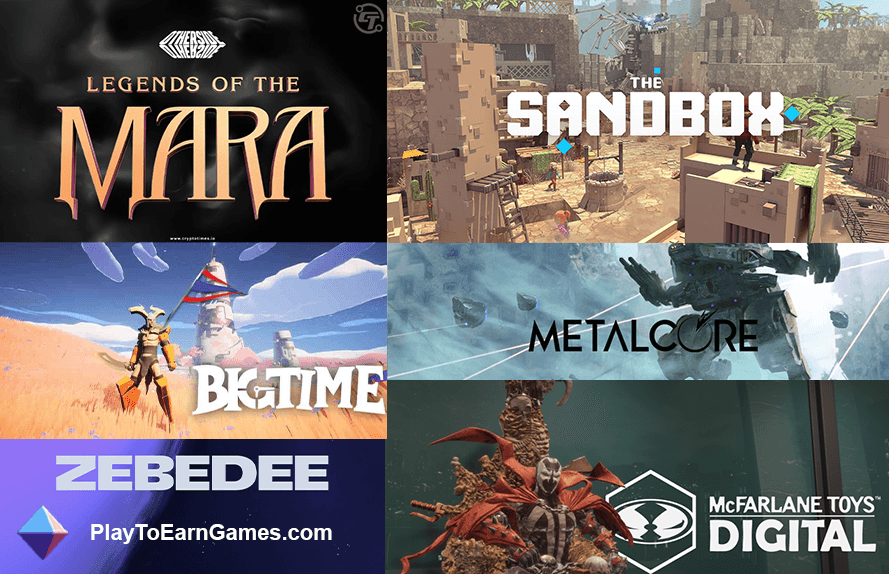
Play To Earn Games: Where Gaming Meets Real-World Rewards, Financial Empowerment, and Blockchain Innovation in 2023-2024
Exploring Play-to-Earn Games: Where Gaming and Finance Converge. In the digital age, the world of gaming has witnessed a seismic shift with the advent of Play-to-Earn (P2E) games. These innovative video games bridge the gap between virtual entertainment and real-world rewards, fundamentally altering the traditional gaming landscape. In this comprehensive exploration, we delve into the multifaceted realm of P2E games, examining their mechanics, rewards, challenges, and the exciting future they represent. Understanding Play-to-Earn Games: At its core, a P2E game is defined by its ability to empower players to earn tangible assets and rewards by actively participating in gameplay. Unlike traditional games, where in-game items remain locked within walled-off ecosystems controlled by game developers, P2E games leverage blockchain technology and Non-Fungible Tokens (NFTs) to grant players true ownership of digital assets. These assets can range from characters, skins, and weapons to cryptocurrency tokens and rare collectibles, all of which can hold real-world value. Earning Real-World Rewards: One of the primary drivers behind the surge in P2E game popularity is the prospect of earning real-world rewards. Players can accrue cryptocurrencies, NFTs, and other digital assets as they progress through the game, complete quests, and engage in battles. While these rewards have the potential to supplement income or provide financial empowerment, it's essential to manage expectations, as earnings are often proportional to the time and effort invested. The Popularity and Attraction of P2E Games: P2E games have experienced unprecedented growth and popularity, attracting both dedicated gamers and newcomers to the world of gaming. Several key factors contribute to their allure: Ownership of Valuable In-Game Assets: The concept of true ownership resonates deeply with players, who can buy, sell, and trade their in-game assets, breathing life into the phrase "play to earn." Accessibility and Inclusivity: P2E games are designed to be inclusive, accessible to players worldwide, regardless of their geographic location or financial status. This inclusivity fosters diverse and vibrant gaming communities. Financial Empowerment: P2E games offer players a path to financial empowerment, enabling them to monetize their gaming skills and dedication. Community and Social Interaction: These games foster tight-knit communities of players who share experiences, strategies, and a sense of belonging. Innovation and Immersion: P2E games introduce groundbreaking gameplay mechanics and virtual worlds that captivate players, combining gaming with blockchain technology and cryptocurrency elements. Challenges and Considerations in the P2E Landscape: While P2E games hold tremendous promise, it's crucial to acknowledge the potential challenges and considerations: Balancing Earnings and Enjoyment: There's a risk of prioritizing earnings over the enjoyment of the game, potentially leading to a less enjoyable gaming experience. Cryptocurrency Volatility: The value of in-game assets and rewards can fluctuate dramatically with cryptocurrency markets, posing both opportunities and risks. Scams and Security: The nascent nature of blockchain gaming has given rise to scams and fraudulent schemes, necessitating vigilance and caution among players. Time Commitment: Earning significant rewards may require a substantial time commitment, impacting work-life balance. Regulatory Uncertainty: The regulatory landscape for P2E games remains uncertain in many regions, raising legal and compliance considerations. Developers and Revenue Streams: Behind the scenes, developers sustain P2E games through diverse revenue streams, including in-app purchases, transaction fees in marketplaces, smart contract fees, NFT minting and sales, token economics, licensing, partnerships, crowdsales, and initial offerings. These income sources enable developers to create and maintain immersive virtual worlds, driving innovation and growth within the P2E ecosystem. Strategies for Success: To embark on a successful P2E journey, players should follow a series of steps: Choose the Right Game: Research and select a P2E game that aligns with your interests and goals. Create an Account: Establish a digital wallet that can hold cryptocurrencies and NFTs, providing a foundation for in-game transactions. Invest in In-Game Assets: Start by investing in essential in-game assets, considering your budget and risk tolerance. Learn the Game Mechanics: Understanding the game's mechanics is essential for success, so take the time to master them. Build a Winning Strategy: Develop a strategy that maximizes your in-game earnings and effectiveness. Participate Actively: Engage in battles, complete quests, and contribute to the in-game economy to optimize your earnings. Explore Marketplace Opportunities: Monitor virtual marketplaces for asset acquisition and sales, aligning with market trends. Join a Community: Engage with other players to gain insights, share experiences, and benefit from a supportive community. Diversify Your Portfolio: Mitigate risk by diversifying your in-game assets across different P2E games. Stay Informed: Keep abreast of game updates, events, and opportunities to maximize your earning potential. The Future of Play-to-Earn Games: As P2E games continue to evolve and expand, they hold the promise of reshaping the gaming and finance landscape. They empower players to take an active role in virtual economies, redefine the boundaries between gaming and finance, and explore new horizons in entertainment and investment. In this groundbreaking intersection of gaming and finance, P2E games represent a dynamic and thrilling space for exploration, innovation, and potential financial empowerment.
Read more